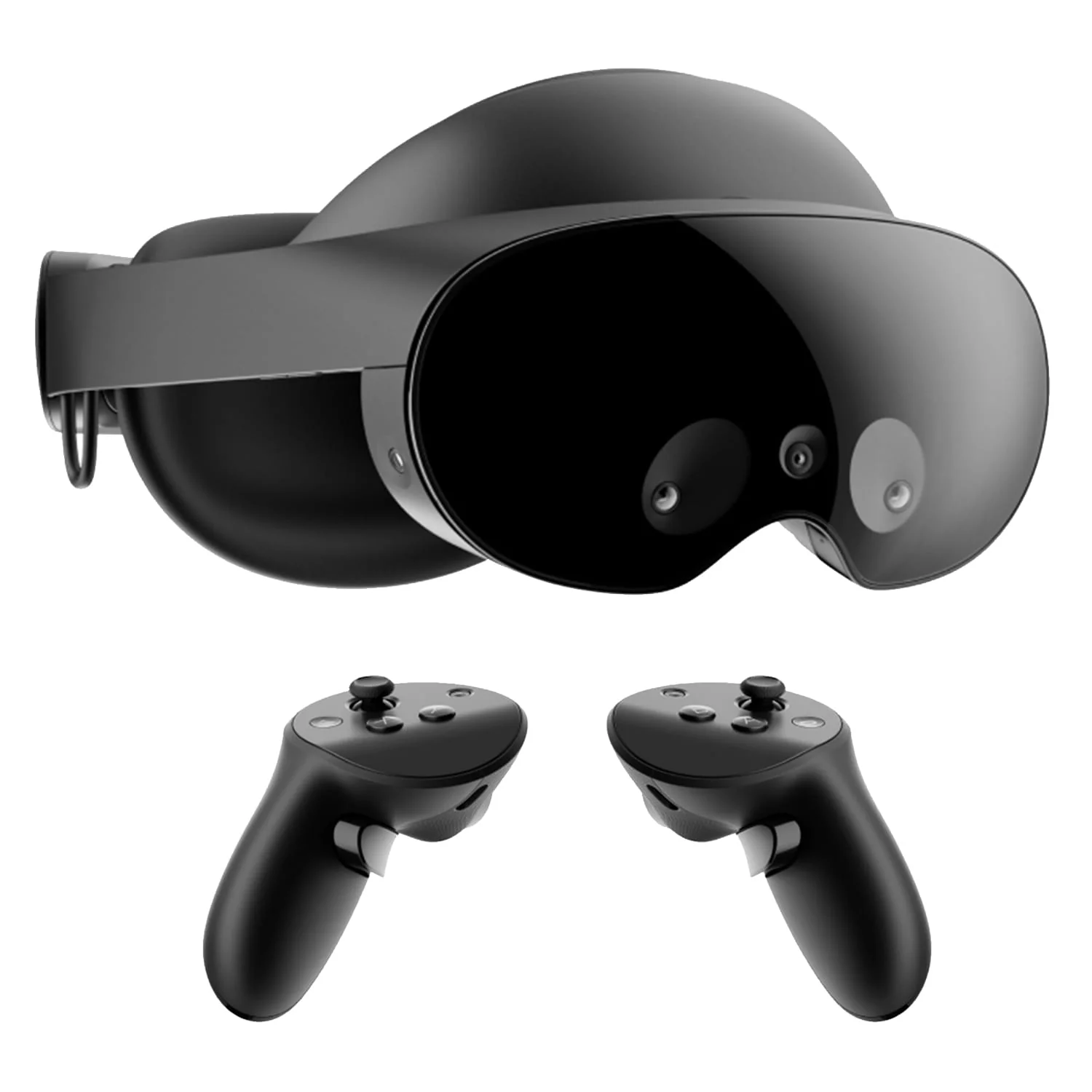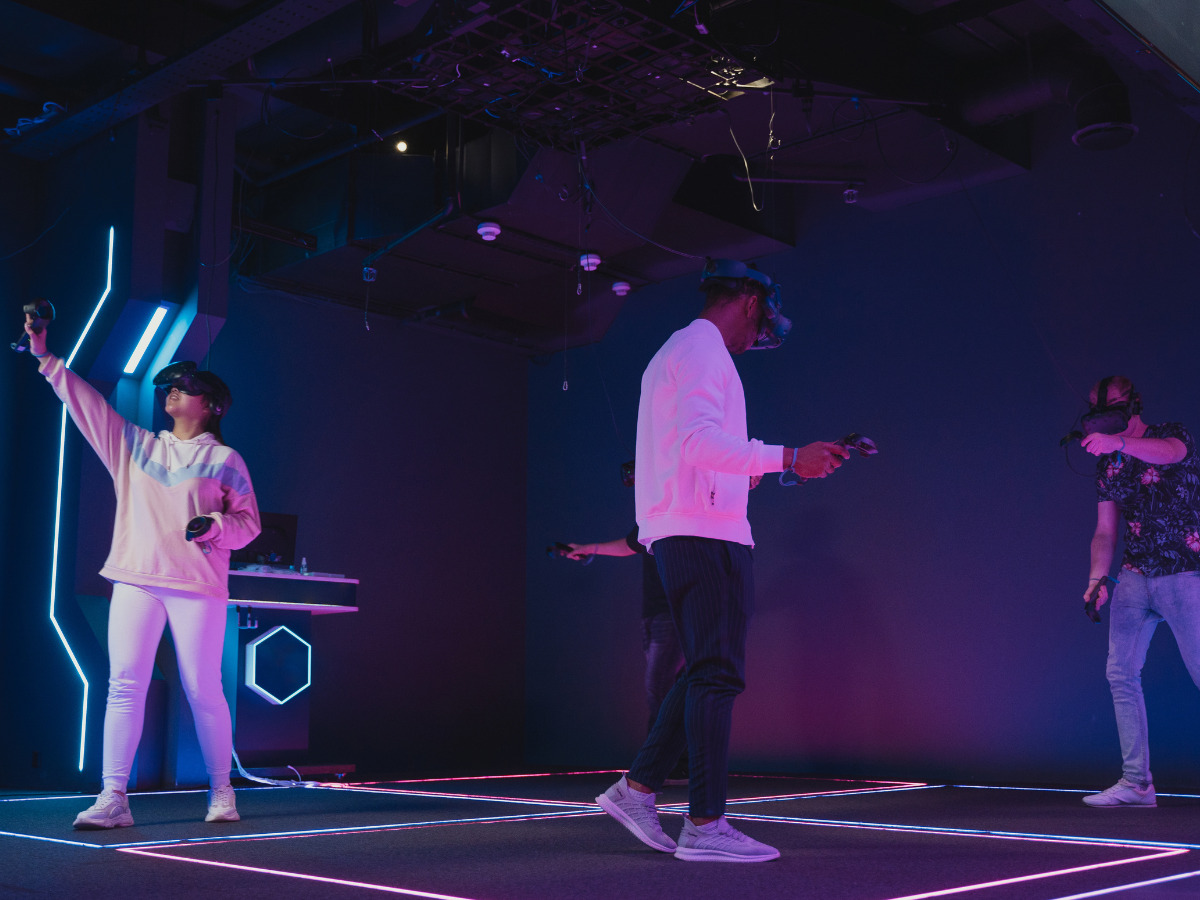Mark Lucovsky, the esteemed engineer who has led key AR/VR operating system initiatives at both Google and Facebook, recently announced his resignation as Google’s Senior Director of Engineering. Lucovsky is particularly renowned for co-developing Windows NT at Microsoft during the 1990s, which has served as the technological bedrock for every Windows iteration from XP onwards.
Prior to his tenure at Google, Lucovsky headed the development of an operating system for AR glasses at Facebook, commencing in 2017. However, his stint at the social media giant ended abruptly in 2021, following Frances Haugen’s whistleblower revelations about Facebook’s preference for profit over societal impact. Two months later, he was welcomed aboard Google to helm its Extended Reality (XR) operating system project.
Lucovsky’s sudden departure from Google was made public via a Twitter post, where he cited “recent changes in AR leadership and Google’s unstable commitment and vision” as the catalyst. Speculation suggests that his decision might be associated with the prior exit of Clay Bavor, the figurehead of Google’s AR/VR projects since 2015 and the larger Labs division from November 2021 to March 2023.
In the wake of these leadership transitions, Google chose to put its hardware glasses project on hold, opting instead to license its software platforms – Android “XR” for headsets and Android “micro XR” for glasses – to manufacturers such as Samsung. This shift in strategy, likely falling under Lucovsky’s purview, could have influenced his decision to leave.
Samsung, anticipated to gain from Google’s Android XR platform, revealed plans in February to craft an XR headset. However, recent news from South Korea indicates a delay in the launch as Samsung aims to redesign the headset in the wake of Apple Vision Pro.
Regardless of Lucovsky’s exit and the ensuing uncertainties surrounding the Android XR project, Google might choose to forge ahead with its OS development under fresh leadership. This contrasts with Meta’s (formerly Facebook) approach, which involved scrapping its OS project after Lucovsky’s departure.




